Supernatural: Reflecting Mary
[Editor’s Comment: As Sam and Dean’s mom, Mary Winchester was a beloved character in Supernatural for the first eleven years of the series. With her reintroduction to the story in season 12, she has become a great deal more controversial. Guest writer Gail Martin reflects on Mary’s life, examining the emotions and perspectives that may be influencing Mary’s decisions after her reunion with her sons. This reflection is set in season 12 before Mary’s relationship with her boys significantly changed in seasons 13 and 14.- Nightsky]
Mary’s comment to Dean about him not being a child and his response about not needing her to tuck him in–as though an adult doesn’t need a parent–really bothered me. Then I thought about it—Mary lost both her parents in 1973 when she was 19. John’s father disappeared when he was a young child, and there’s not much mention (any?) of John’s mother.
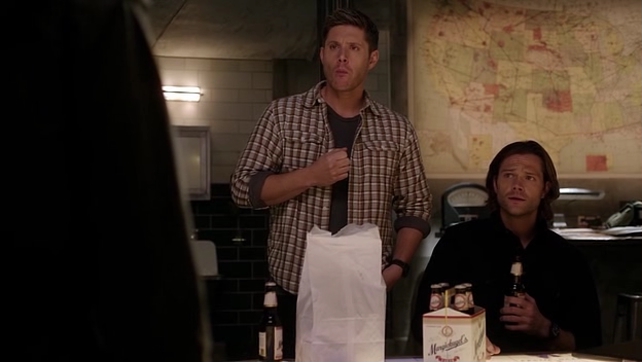
Mary’s only experience with parenting is with her own parents as a young child (and we can wonder just how nurturing a father Samuel Campbell was, given what we saw in S6), and her parents’ response to Mary’s adolescent rebellion when she chose to marry John and supposedly leave hunting. Mary’s parents were murdered before there was ever a chance for smoothing over old differences, long before Mary gained a new perspective as a mother and adult herself. She never saw her parents become grandparents (who often take care of and advise the new parents as much as they dote on the grandchildren) nor did she have the chance to renegotiate her family role to acknowledge her new status as a young wife and mother. So Mary only has first-hand knowledge of absent parents or a parent’s relationship to very young children/teenagers.
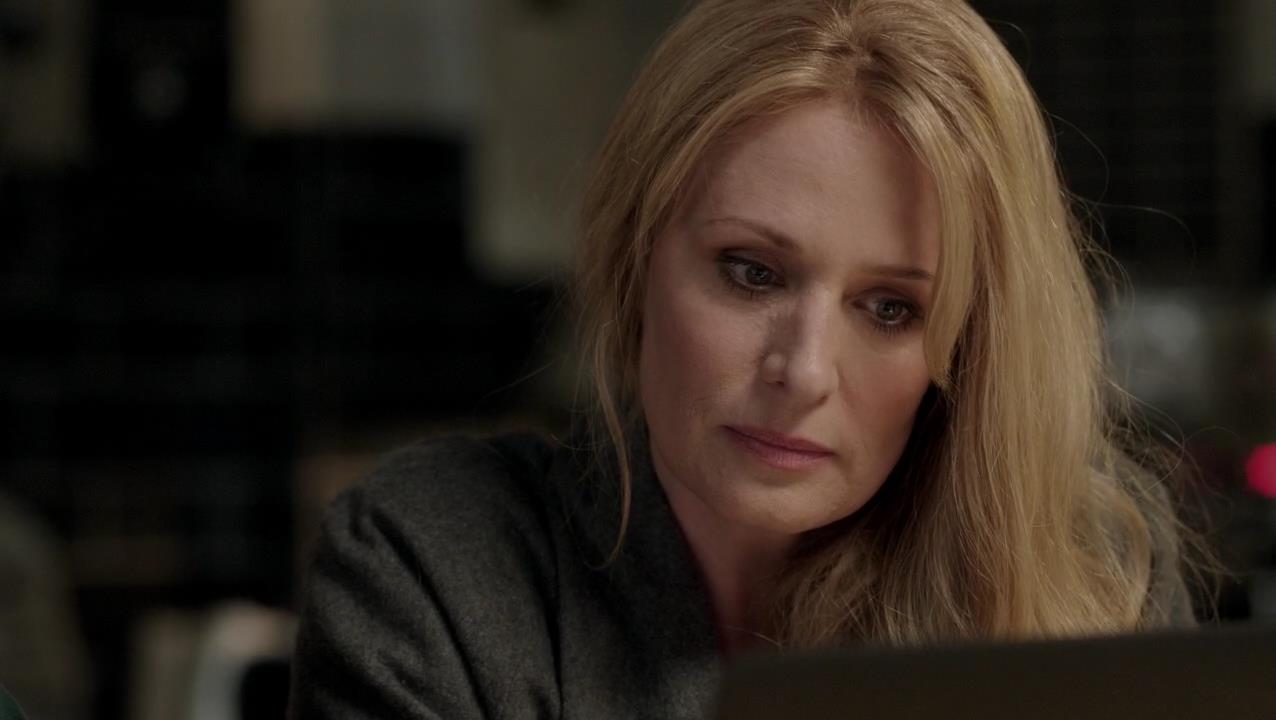
In a healthy relationship (and yes, we’re talking about Winchesters here, I realize), the relationship between parent/child matures as the child grows up. Dean and Sam have experienced this with Bobby, and more recently with Jody. Just because you’re an adult doesn’t mean you don’t need a different kind of nurturing—guidance, mentoring, the support/encouragement of an older-but-wiser person who cares about you, and the knowledge that you are loved.
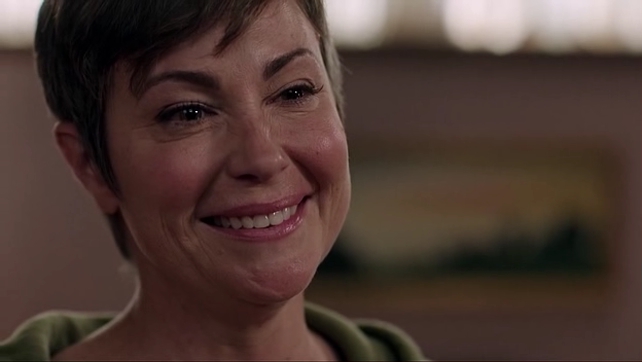
Neither John nor Mary experienced this from their own parents, and since John didn’t let anyone get too close to him after Mary’s death, it’s doubtful he ever did, even later on. It doesn’t occur to Mary that she has anything of value to offer the boys since they don’t require the things a mother does for very young children. She discounts the benefits her intelligence and experience could bring to researching hunts or dealing with threats. I have to wonder if there isn’t also some good ol’ Winchester guilt going here, over her betrayal of Sam to Azazel when she made the deal for John (to which Mary alluded early on) and for not being there for both of them all these years. And we all know that guilty Winchesters bolt rather than talk.
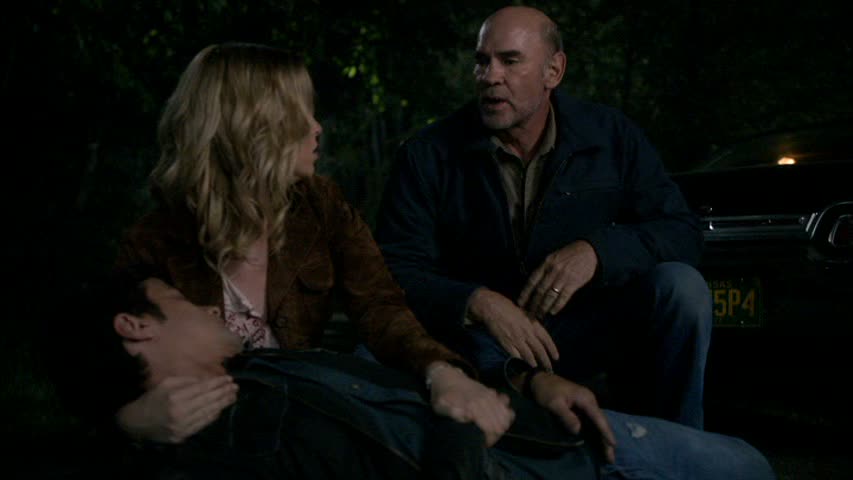
One of the other parts of a healthy adult parent/child relationship is the joint ability to share perspective. An adult child can ask a parent to explain long-ago events that the child only hazily remembers or suspects was part of a larger, more complex context. The parent can revisit questions about the adult child’s thoughts/feelings concerning actions or situations when they were younger. Both can gain from seeing things from the other person’s perspective, and old misunderstandings and wounds can be healed. The adult parent/child relationship is between equals in power (both adults) but respecting inequality in experience and both being willing/able to learn from the other. Mary knows hunter history and how to do things old school–valuable when tech fails. Sam and Dean have fought threats Mary never knew existed, and understand more about technology. On a personal level, Mary has so much to offer the boys on this–filling in gaps about her family (since we didn’t see the Campbells at their best), sharing more about Dean’s childhood and her early married years, and listening to/validating/acknowledging her amazing sons who are ‘the guys who saved the world’ (more than once). Is this more Winchester guilt on Mary’s part? Or is it too painful for her to hear about the years she missed? (In which case she needs to nut up or shut up.)

There’s also another important aspect to this; the ability of both parent and child to be able to see the other as an individual outside of the parent/child role.
We’ve seen the boys work through this with John. When they were younger, Dean obeyed and Sam rebelled. Then after John sacrificed himself, grief over his death became anger at his last directive to Dean, which Sam also saw as betrayal. As the enormity of the Azazel issue became clear, Dean grew more bitter about John, referring to him as an ‘obsessed bastard’. It’s obvious from the look on Dean’s face when Mary said John was ‘such a good father’ that his issues are not totally resolved, but both Dean and Sam appear to have come to their own closure about John.
Now that they themselves have been put in situations where they had to choose between losing each other and making unspeakable choices, they may better relate to John’s dilemma of avenging Mary, protecting Sam, and trying to raise two small boys while keeping them safe. That doesn’t mean that John gets a free pass on bad parenting–leaving them alone at too young an age, withholding information, dragging them around from place to place, viewing Sam as a budding monster, seeing Dean as a soldier instead of a son. What matters is the ability for Dean and Sam to realize that choices are frequently made based on bad or missing information (how many times has that bitten both of them in the butt?) and that the best intentions can lead to big regrets.
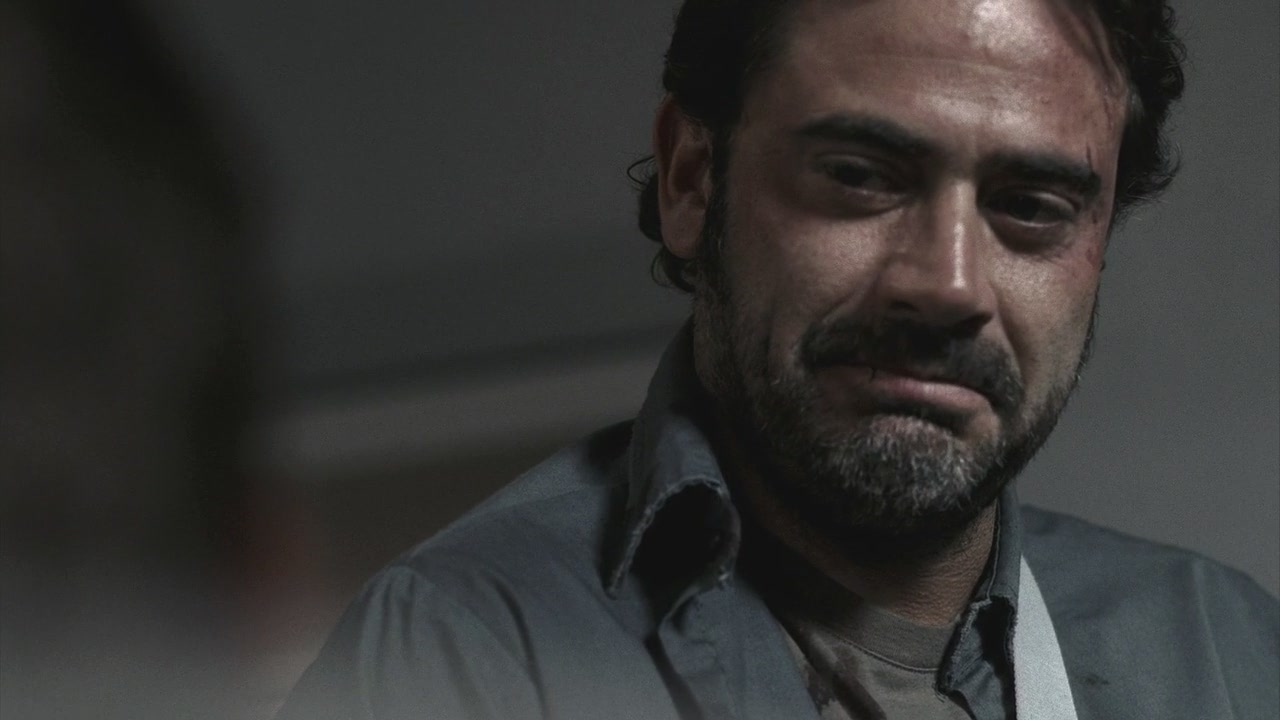
Sam and Dean are at an age when they can view ‘John’ separately from ‘Dad’. John Winchester is a tragic figure, a man who did the best he could against overwhelming circumstances. As ‘Dad’, he left a lot to be desired, and the boys are entitled to lingering feelings of anger, disappointment and betrayal. The key thing is that adults can separate the person from the role, and in the ability to feel compassion for the person (John), they can begin to heal from the damage caused by the role (Dad).

John matured, despite the years lost to obsession and alcohol, where he may have abandoned the boys (to their way of thinking) and trusted them to look out for themselves/each other as adults (to his way of thinking). He ‘trusted’ Dean with his great burden (with his warning about saving Sam), and made peace with Sam before the end.
We’ve seen a lot of maturity in Sam in Seasons 10-12 and Dean in Seasons 11-12. Sam being willing to do whatever it took to cure Demon!Dean and the MOC, apologizing for not looking for him in Purgatory, the restrained emotion in the good-bye scene in S11 when he thought Dean was going to die confronting Amara, his tenacity in facing down Toni, and coming clean with Dean about the BMOL without being caught and then talking it out without a fight. While Dean had mitigating factors in S10, he seems more grounded and tempered in S11-12. Telling Sam that he’s already forgiven long ago for everything and that all that matters is that they are together and alive, telling Mary after the debacle with the Alpha and the BMOL that he respects her choices and has let go of his anger, and agreeing without drama to work with Sam and the BMOL. This is a far cry from their reactions in S4-6, and perhaps they’ve learned something looking back on how those reactions made things worse than they had to be—in other words, they are behaving like grown men approaching 40 instead of twenty-somethings.
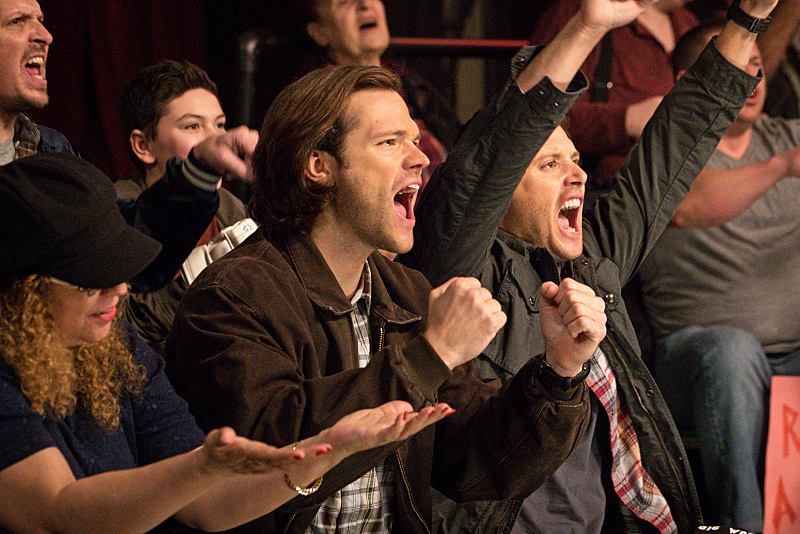
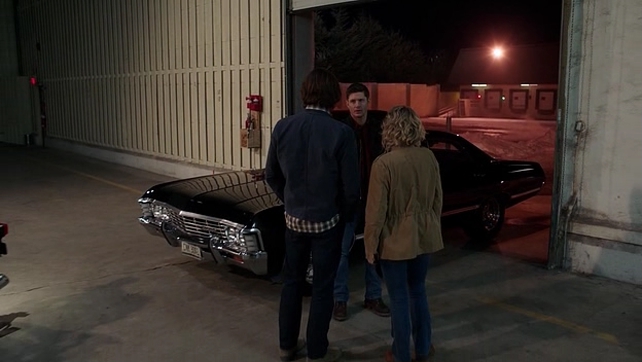
Dean and Sam had to come to a re-alignment of their own relationship on more equal terms, since Dean essentially parented Sammy when John was absent, and Dean also had a glimpse of parenting with Ben. Dean had to learn to see Sam as an adult, a partner and a capable hunter, not just in the role of his baby brother. Sam was a little faster on the uptake in wanting to be an equal (S5) but it took him into S10 to have the self-awareness to realize that he belongs in this life as a hunter—so long as he can hunt with Dean. Dean and Sam have both demonstrated that they can accept Mary as an adult in a role independent of the expectations of ‘mom’, but Mary hasn’t really shown her ability to embrace them either as her children or as the adults they have become—she is running away from them, whether out of fear, insecurity, or guilt, we don’t know.
If Mary didn’t age in heaven, then she is 29, so nine years younger than Dean is now, and still six years younger than Sam is now. She’s also considerably younger than John was when he died (52). Maturity-wise, she is equivalent to season 3 Dean or season 6 re-souled Sam (but both of them had also been through far more by that age than she has experienced). I think this is important to keep in mind as we see Mary’s choices. She has a lot in common with the less healthy traits of both boys when they were younger.
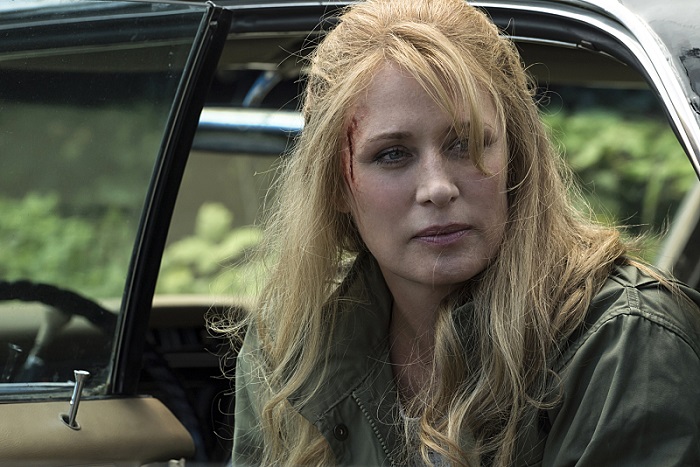
Supernatural loves to create ‘hall of mirror’ perspectives where an event from one season is reflected and twisted in another. So Dean’s crossroads deal is mirrored in Sam’s ‘deal’ with Ruby. Dean’s intoxication with the Mark of Cain mirrors Sam’s demon blood addiction. Demon!Dean and Soulless!Sam both enjoyed being free from responsibility or moral constraint, and neither wanted to be healed.
I’m wondering whether Mary’s arc is the hall of mirrors version of John’s. After all, although Mary was absent for the first eleven seasons, her shadow looms over everything. Mary, the murdered young woman who died tragically young, the martyred mother, the lost wife for whom John grieved himself to madness.
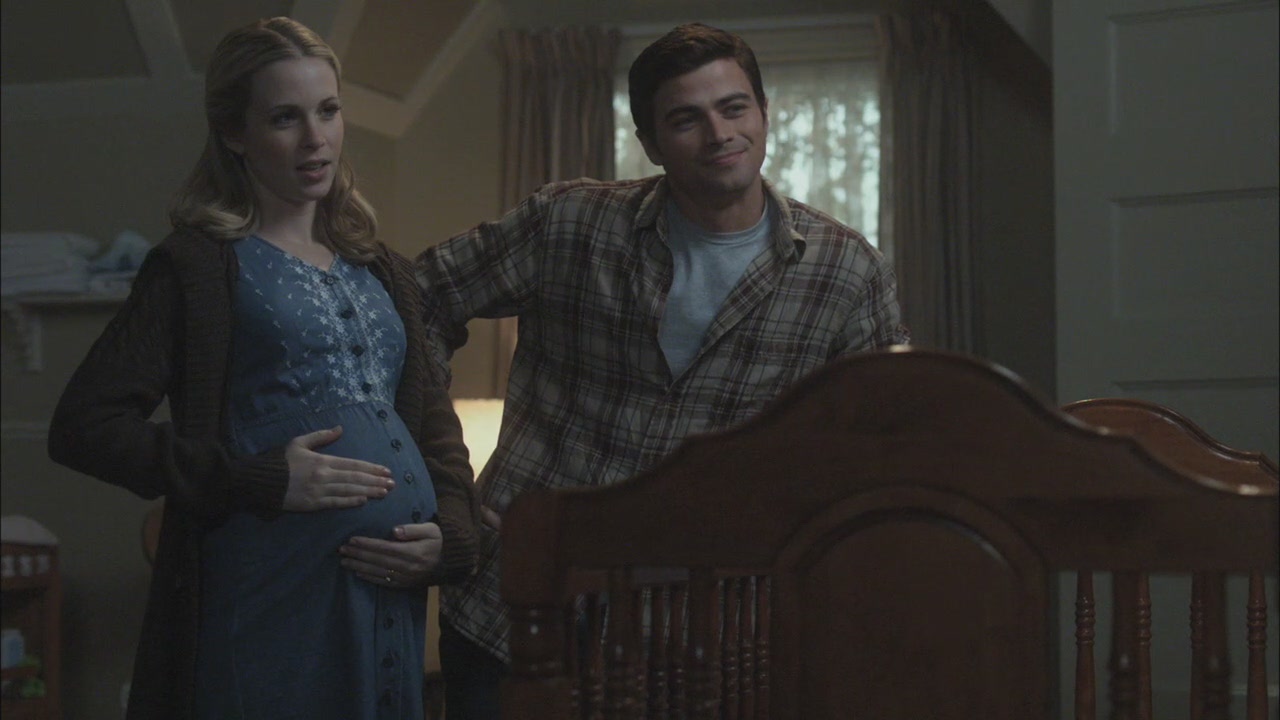
And now we see Mary as herself, not in someone else’s embellished memories. She’s smart, brave and a good hunter, but her loyalty is questionable and while she talks about family, she hasn’t walked the walk. Her maternal instincts are non-existent. She lied to John and risked herself hunting werewolves when Dean was a small child, not really giving up hunting even then. She’s closed herself off emotionally and removed herself physically from her sons, hiding, lying and keeping secrets. She teams up with the BMOL, the people who tortured Sam and whose methods are starting to make Samuel Campbell’s approaches look humane. She hooks up with Ketch and explicitly clarifies that it means nothing. And while she talks about wanting both the job and her family, actions speak louder than words–thus far, she’s chosen the job over the family every time. Yes, she offered to sacrifice herself to Billie to spare the boys, but she also cold-bloodedly endangered both of them to steal the Colt (and she hasn’t bothered to talk to them long enough to know just how much family baggage revolves around that gun). Mary’s not the person Sam and Dean thought she was, or that we the viewers were led to expect. She doesn’t even have the excuse of being changed by years of living a hard life because she’s been in heaven.
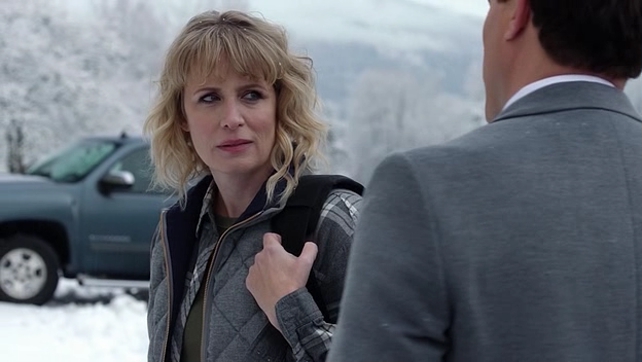
John, Dean and Sam went to hell and came back broken but ultimately stronger, gaining compassion along with their guilt. Sam’s role as one of Azazel’s ‘special children’ taught him–and Dean–to realize that evil is what you do, not who you are. Through all their fights, failures, losses and victories, Sam and Dean learned to forgive each other. If they’re both still working on absolution, well, they had more than usual to absolve. Yet Mary returned from heaven curiously stunted, because she hasn’t grown and changed.
And then there’s Ketch. John obviously moved on after Mary’s death or we wouldn’t have had Adam. (The convenient plot device disposable Winchester.) John’s ‘sin’ in taking a lover was that he apparently neglected Sam and Dean (who were still young to be left alone) while trying to not repeat his mistakes with Adam, so it was another example of poor parenting. Yet Mary doesn’t really seem to see herself as a parent (unless she wants to boss Dean around, which is not how you deal with adult kids), but she’s also neglecting the boys and putting them at risk with this questionable relationship with Ketch and BMOL. Now, she’s going to clearly have to ‘pick a side’ regarding Ketch and the BMOL since Ketch has been ordered to take out all the hunters and specifically ‘the Winchesters’–which includes Mary.

Family may not end with blood, but blood doesn’t make people truly family. So far, Bobby and Jody have been the best parents the boys could have. Mary may be family by genetics, but she is proving to be a true Campbell, and that didn’t end well. Which brings us back to the theme of absent parents in this season, as well as throughout the series.
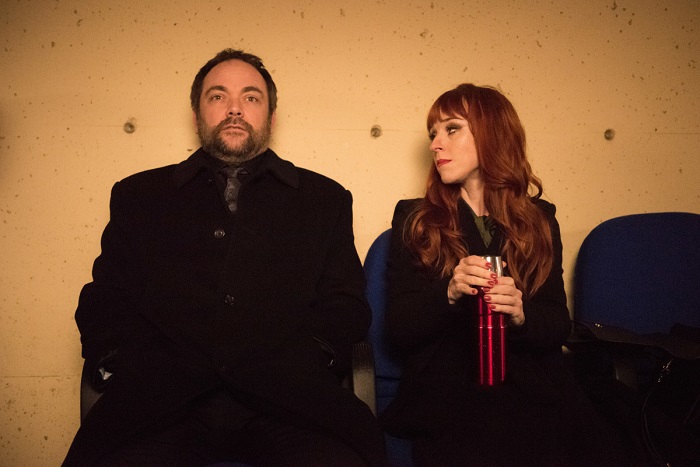
Looking closer, the adult parent/child expectation issue also runs through the relationship between Crowley and Rowena, Lucifer and Chuck, and particularly between Castiel and his understanding of God. Castiel (and the other angels) were stuck in the mindset of children, being told what to do, and so they didn’t handle free will well when it was thrust upon them. Being responsible for his own actions grieved Cas, who kept trying to go home or re-create a heaven with a parental hierarchy, only to fail spectacularly. Eventually, he seems to have come to terms with a new, more nuanced relationship with his father (who is absent again) and his more responsible angelic brothers.
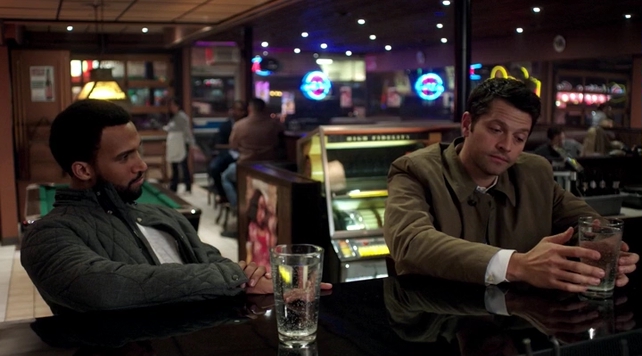
In this sense Joshua had a more adult relationship with Chuck—talking about common interests instead of being a child expecting orders) and even Metatron had a more adult relationship with Chuck than the majority of the angels because he was willing to challenge and make suggestions and engage in dialogue, not just await direction. In that sense, I think Joshua is the Supernatural equivalent of the Biblical Abraham and Enoch who ‘walked with God’ and seemed to achieve an actual friendship with God. We have also seen what happens when adult children don’t get to move into a healthy adult relationship with parents, as with Crowley, Lucifer, Magda, Asa, etc. Claire starts down this path, then has a change of heart and comes clean.
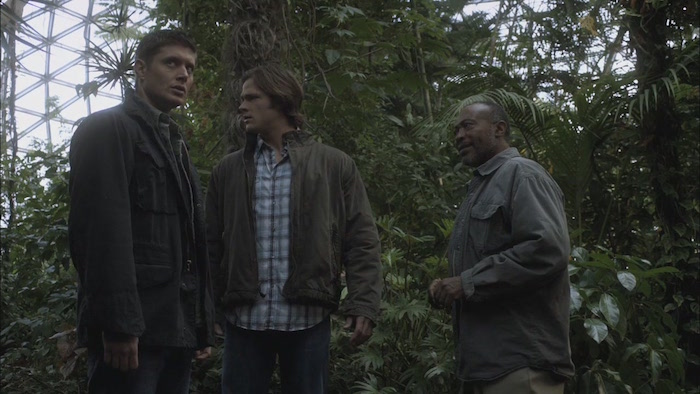
We have no idea how Mary’s arc is going to go for the rest of this season. Until then, I’m chalking up her disappointing relationship to the boys as intentional by the writers to play into a key plot element down the line. I hope it isn’t just tone-deaf writing, but that’s certainly possible.
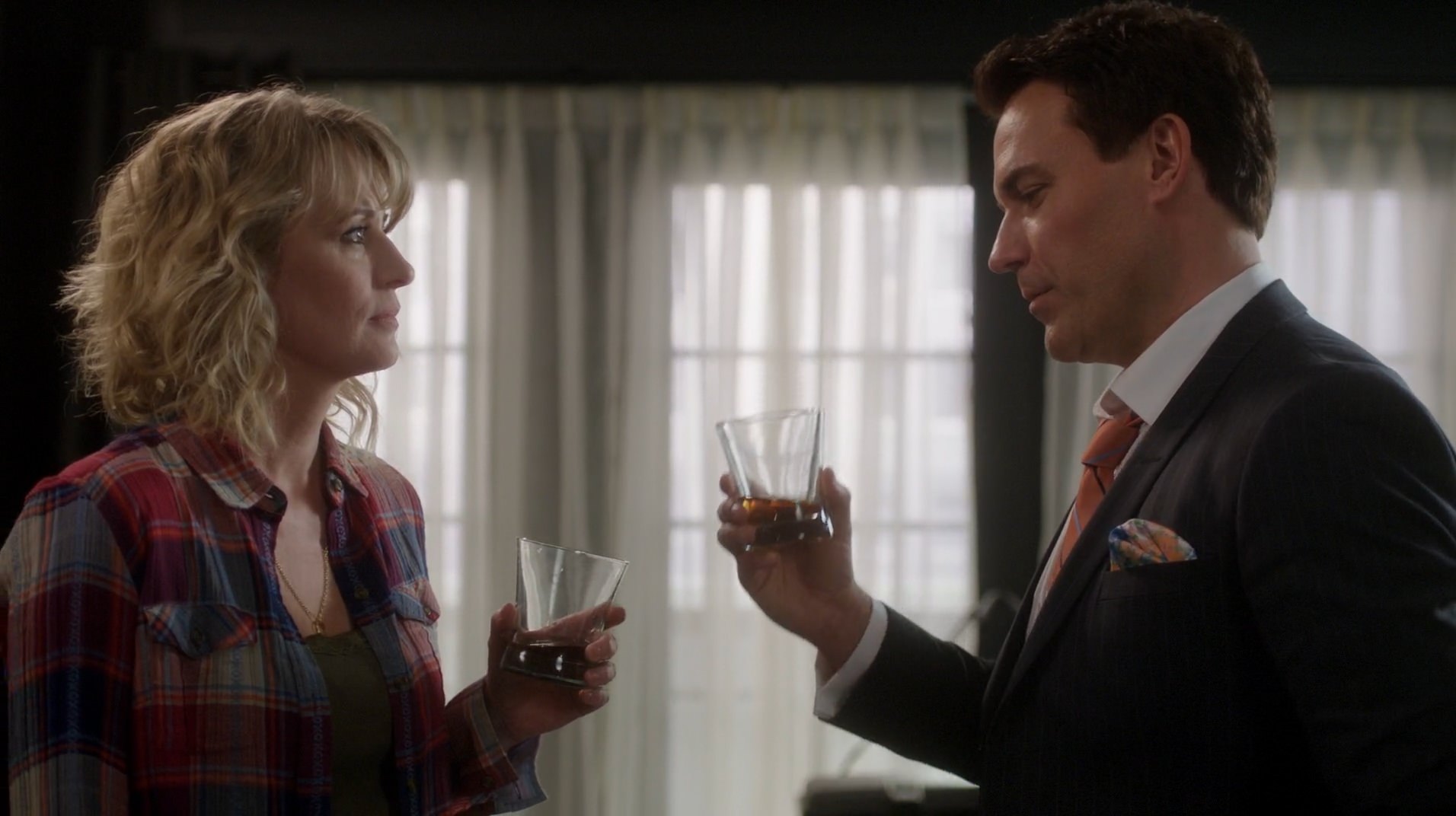
What’s your take on Mary? Can you think of something about parents and adult children that I’ve left out? How does the Mary/Sam & Dean relationship compare to all the other mother/child relationships we’ve seen this season? Where do you think Mary’s story arc is going to go–and what will be the impact on Sam and Dean?
About the author:


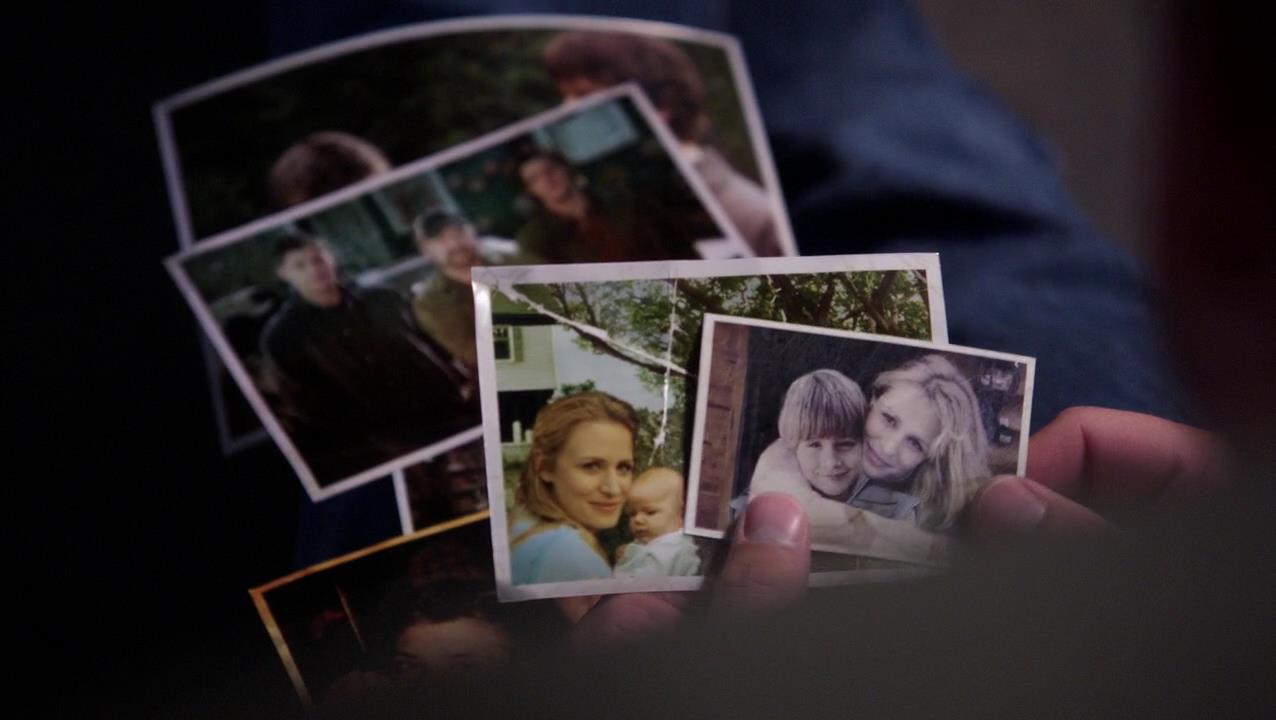
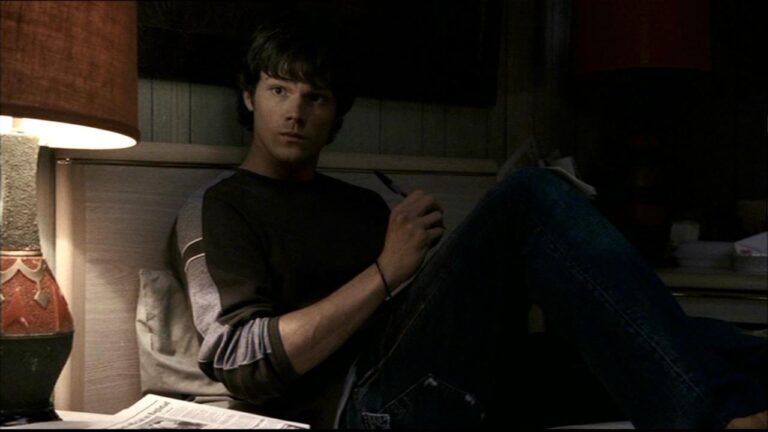
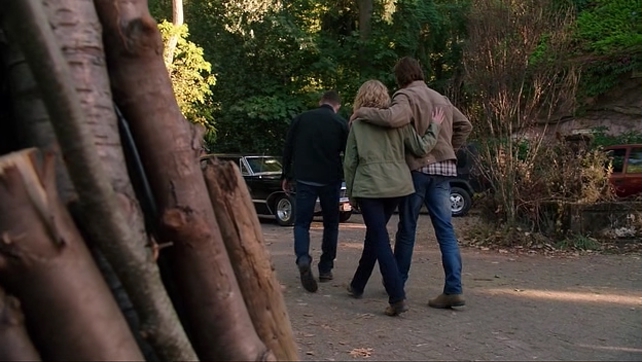
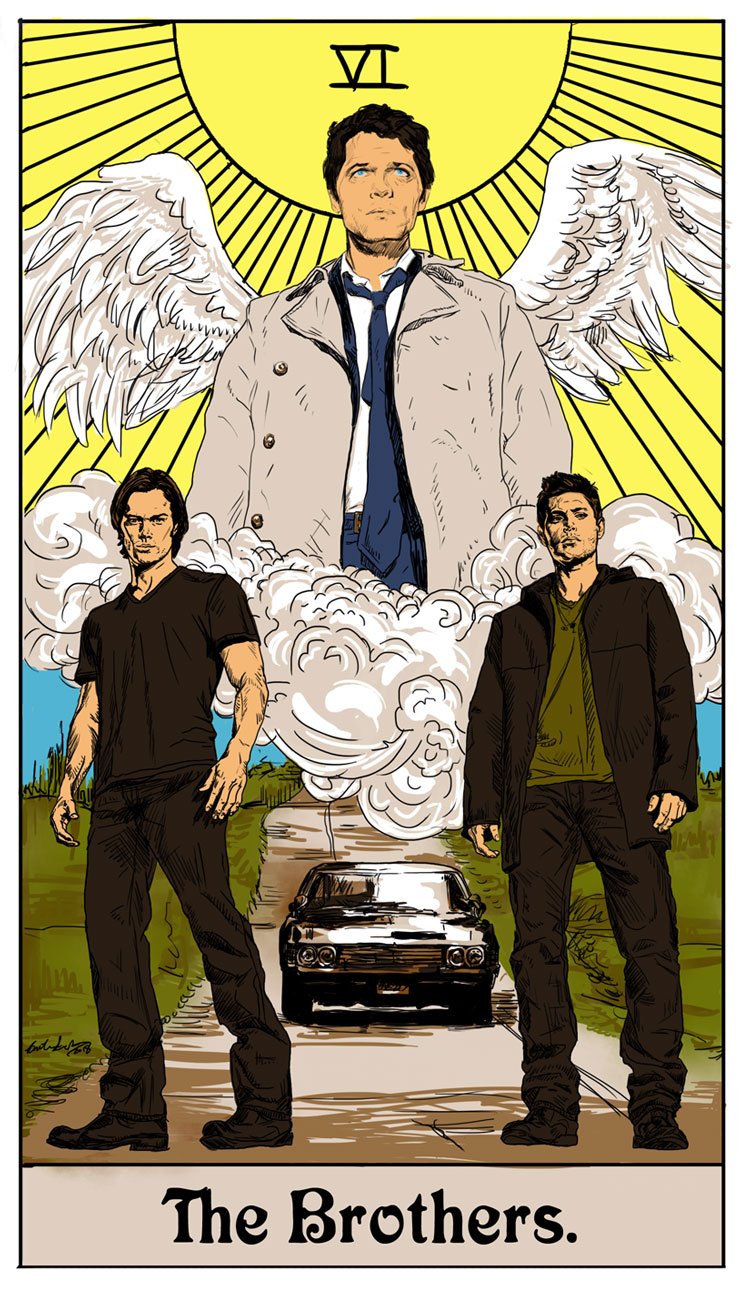
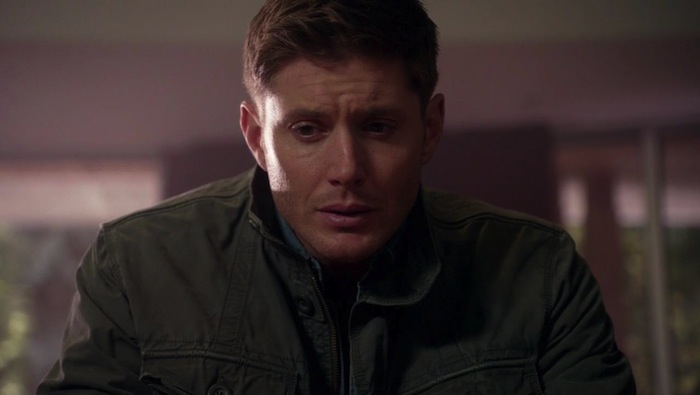
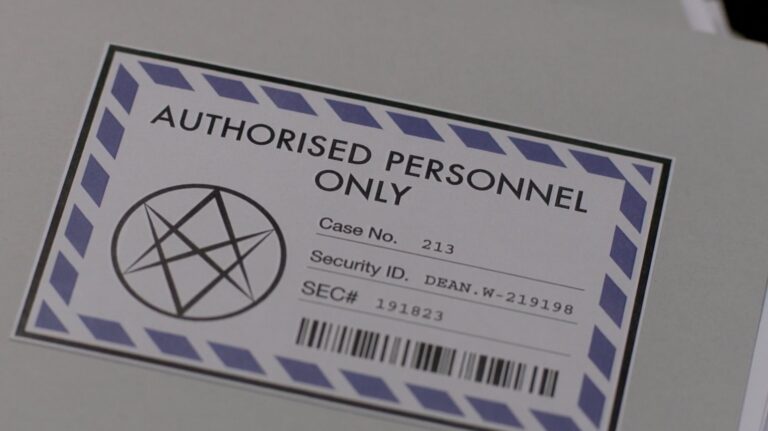
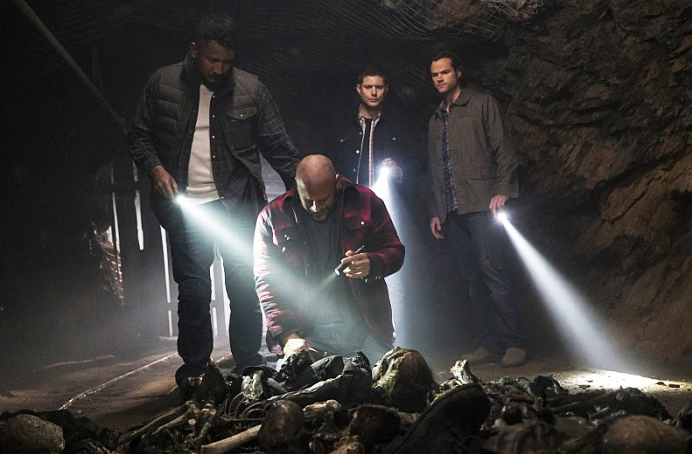
Leave a Reply